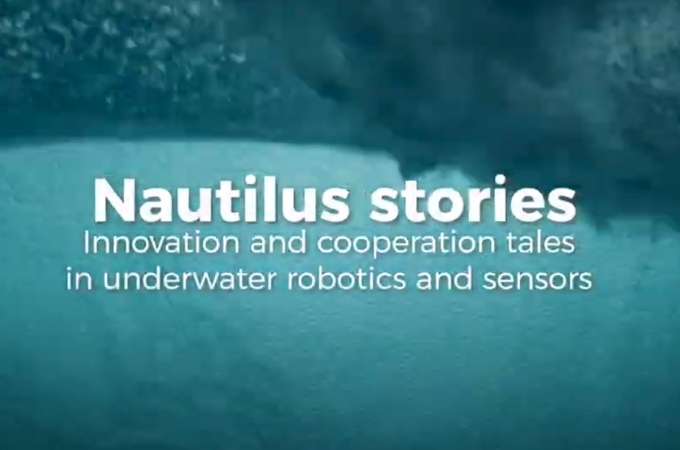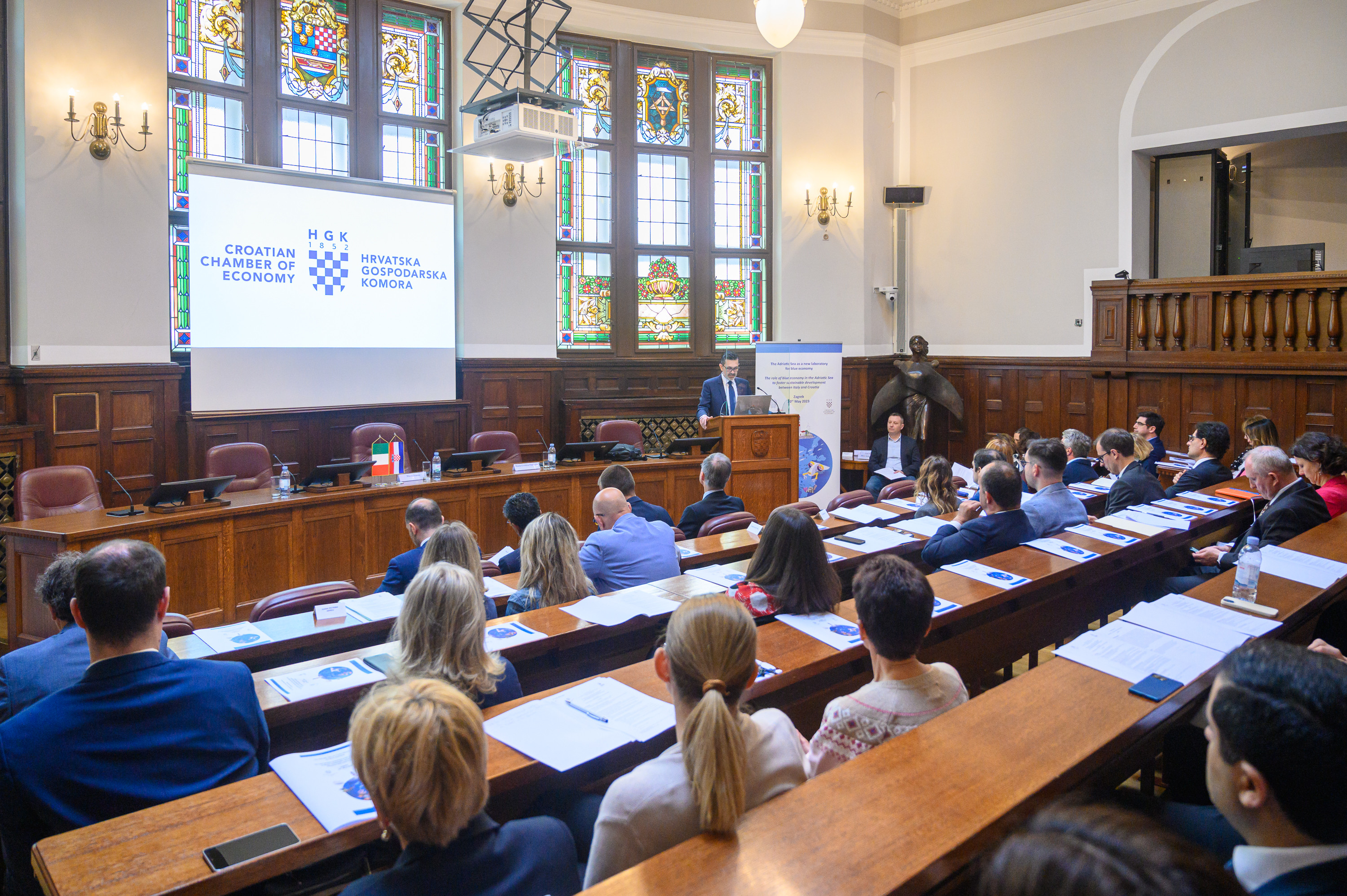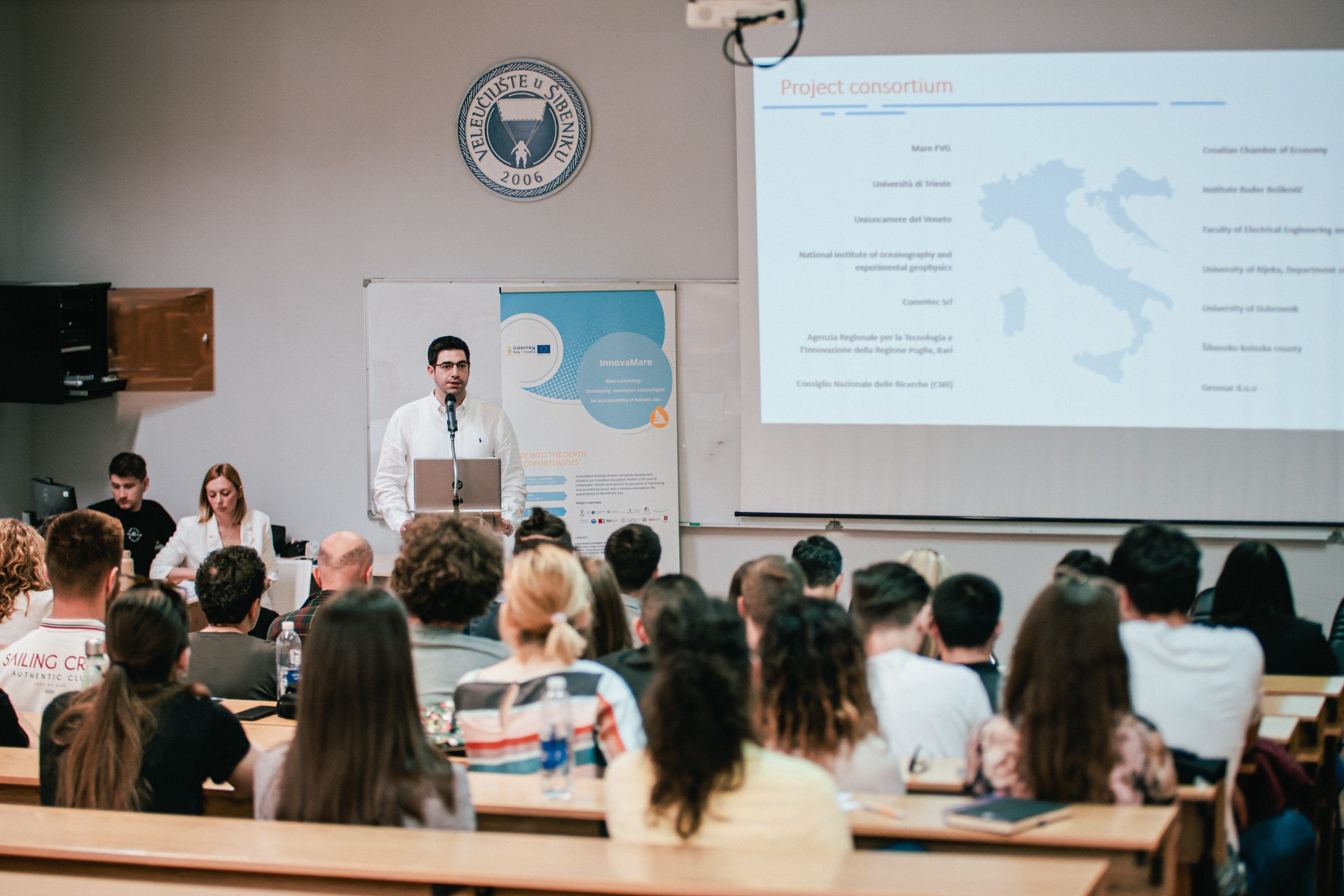At the International Innovation Summit of the InnovaMare project, which takes place online from October 28 to 30, world-renowned scientists, experts and entrepreneurs discussed innovation systems, marine pollution and underwater robotics and sensors.
Four lecturers from Croatia also contributed to the discussion: Nikola Mišković from the Laboratory for Underwater Systems and Technologies (LaPoST) at the Faculty of Electrical Engineering and Computing in Zagreb, expert in the field of innovation ecosystem Emir Džanić from Funifier from Zagreb, expert in coastal conservation and protection and Vjeran Piršić from the Eco Kvarner Association and Ivona Cetinić, a Croatian scientist at NASA who studies and protects the oceans.
In his lecture, Piršić drew attention to the Adriatic Sea, which he believes is seriously endangered by pollution. "The Adriatic is under severe stress because, in addition to excessive coastal urbanization and standard pollution resulting from industrial revolutions in the last two hundred years, it is now threatened by climate change. Due to them, sea temperatures are changing, destroying indigenous species and species, and is also a threat and a huge amount of plastic that comes primarily from the Ionian Sea, "said Piršić, adding that an adequate response to these threats must be quantitative and qualitative improvement of protection measures, both preventive and reactive. "When we talk about quality improvement, we primarily mean mathematical modeling of potential pollutants, satellite monitoring of existing pollutants, the use of robotic vessels and artificial intelligence," said Piršić.
Cetinić also spoke about such qualitative progress. Her lecture focused on the present and future of satellite Earth and Sea observation. "Thanks to long-standing information coming from satellites, we know that the oceans are changing as a result of climate change. This data is available to everyone for free and allows the development of global and local targeted applications, such as the Innovamare project," she explained. through the cooperation of NASA, the European Space Agency and other agencies in the plan to launch 3-4 large satellites for sea observation whose function is defined by the needs of scientists from around the world.
Cetinic believes that such cooperation is the basis for the development of new technology. She also stressed that it is important that scientists who are part of projects like this dedicate part of their time to communicating with those who do not have a scientific background, and whose 3 understanding of the topic is necessary, such as politicians and the youngest members of society to inspire new generations of scientists. and engineers.
Robotics will certainly contribute to the protection of the sea, and Mišković spoke about the projects that are already being implemented in that area. "With the help of robots, we can monitor water quality, underwater habitats or archeological sites. We want to use connected robotic systems to monitor the sea in multiple locations at the same time. We have a project that develops robots that will float in flocks, others that will swim like These robots will communicate with each other, and information from their sensors will tell us what is happening in the sea, from measuring oxygen levels, to various types of pollution such as oil slicks and the like, "explained Miskovic. , adding that robots still can’t replace divers, but can help them do their job more easily.
As part of the summit, six panels were held, three popular and three technical, and Domagoj Šarić from the Croatian Chamber of Commerce, as the host of the third technical panel entitled "In search of an ecosystem to navigate through global competition", explained the importance of the topic for the Innovamare project. "HGK has recognized the value of ecosystems as a model in capacity building for systematic and planned innovation. We believe that connecting on well-designed platforms, developing innovative mission-based solutions and involving stakeholders through Livinglab methodology will achieve the goals of the Innovamare project. through innovations and create preconditions for the sustainability of the innovation system of underwater robotics and sensors in the service of sustainability, protection and monitoring of the Adriatic Sea ", said Šarić, noting that innovations do not arise in isolation but through cooperation and connection of almost all stakeholders. suppliers and users to support institutions and the public.
"All these networks of stakeholders working together form an ecosystem. Today, in a time of rapid exchange of information, knowledge and technological development, these ecosystems need to be created faster through the adaptation of business and organizational models for this form of cooperation," said Saric.
Džanić agrees with this, emphasizing that knowledge is the basis of every modern innovation. "It is available inside and outside the organization. All organizations that understand this begin to successfully combine these resources and innovate more effectively. However, there are a number of obstacles that prevent organizations from successfully exchanging knowledge with internal and external sources such as suppliers, universities, institutes, customers, consultants, etc. Funifier answers these questions in an 'unusual' way, namely, aware that modern needs for knowledge exchange can no longer be met by the classical approach to learning, we have devised a much more 4 advanced approach that brings a completely new experience for all involved. We call this system LXP (Learning Experience Platform) which, in addition to LMS, also includes the level of gamification ", elaborated Džanić, noting that gamification of the learning environment achieves significantly greater engagement of students and instructors. Which allows new content to be created jointly and to come from all stakeholders.
The Innovation Summit was organized by the University of Trieste as part of the InnovaMare project, where the Croatian Chamber of Commerce is a leading partner, designed to develop and establish a model of innovation ecosystem in underwater robotics and sensors for monitoring, control and monitoring of pollution in the Adriatic Sea. One of the main challenges of the InnovaMare project is to increase the efficiency of innovation activities in relevant areas of the blue economy - by increasing knowledge transfer within the areas of cooperation between companies, research and development centers, higher education, public sector and civil society organizations through capacity building training programs.



